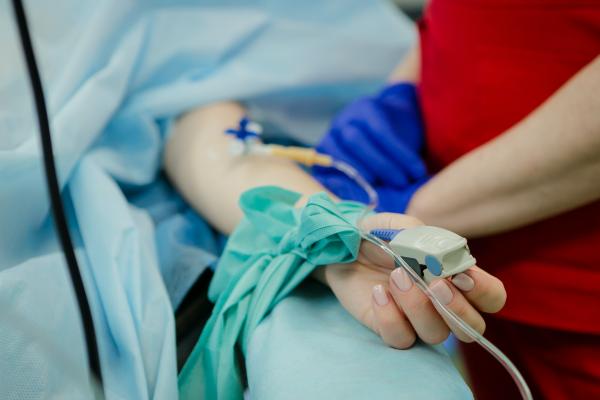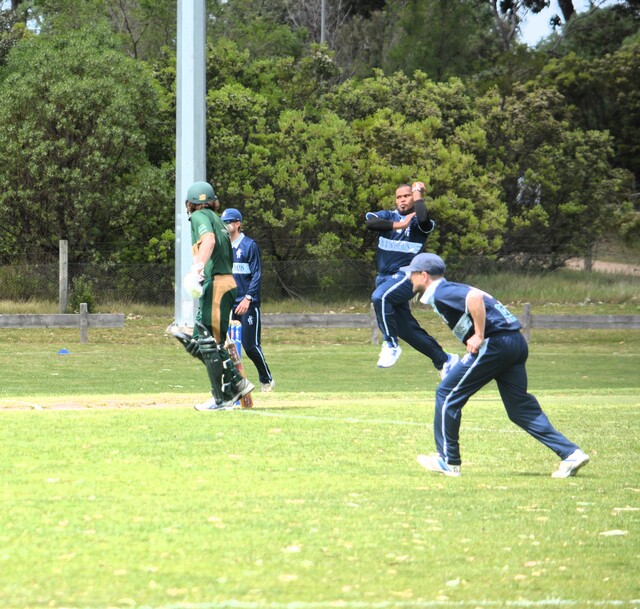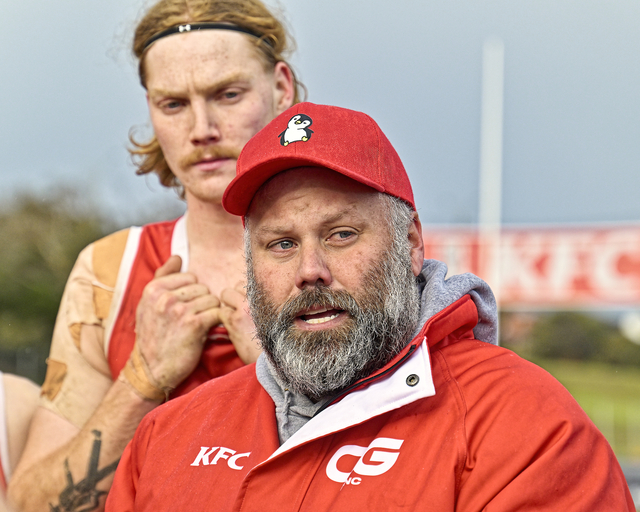More elective surgery be able to resume in Geelong this week, with current COVID hospitalisation numbers allowing for a restart of non-urgent elective surgery in the private sector.
The state government last week announced private hospitals and day procedure centres in Geelong and Melbourne would be able to scale up to 50 per cent of their normal elective surgery lists, including non-urgent surgeries, from today provided enough capacity was kept aside to assist with the COVID response.
Health minister Martin Foley said that would ensure that non-COVID public patients could continue to be treated at private hospitals, helping to free up beds for COVID patients at public hospitals.
Private hospitals and day procedure centres will continue to prioritise time-critical and urgent elective surgery.
The easing of some restrictions on non-urgent surgery follows COVID hospitalisations slowly starting to stabilise, however with further surges in COVID cases still predicted to come, the government said the situation would be closely monitored and restrictions may be applied again if necessary.
“Some elective surgery was paused as hospitalisations surged but with the rapid take up of vaccines helping reduce numbers, we can now make these cautious changes and help ease that burden on unwell Victorians,” Mr Foley said.
“We always said we would increase our elective surgery capacity when we could but COVID is not over yet and we will closely monitor the number of cases and hospitalisations to ensure we can respond as needed.”
The changes bring Geelong into line with private hospitals in Ballarat, Bendigo, Shepparton and the Latrobe Valley, which are already on the 50 per cent cap.
Public health services operating COVID streaming sites will continue to provide urgent elective surgery and emergency surgery only, to ensure adequate capacity within the health system is retained to care for patients with COVID requiring hospitalisation, including ICU admission and sustain other critical services.
Patients waiting for non-urgent elective surgery impacted by the current measures are encouraged to seek medical attention should they experience a change in their condition so they can be clinically assessed and reprioritised to a more urgent category if required.









